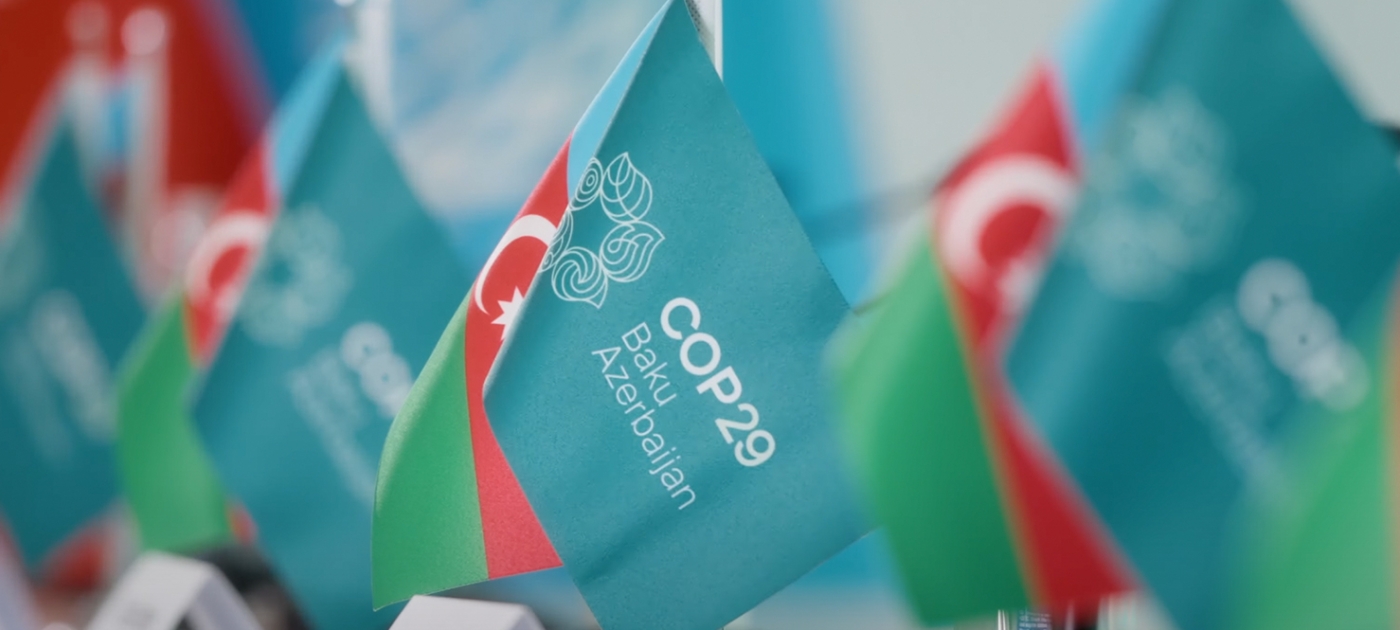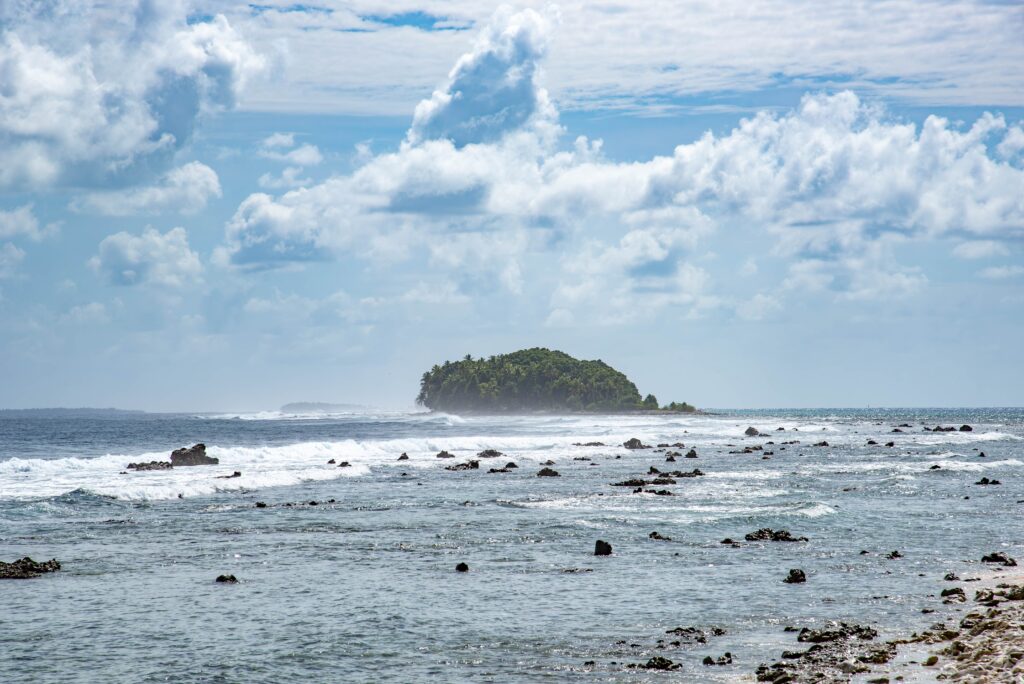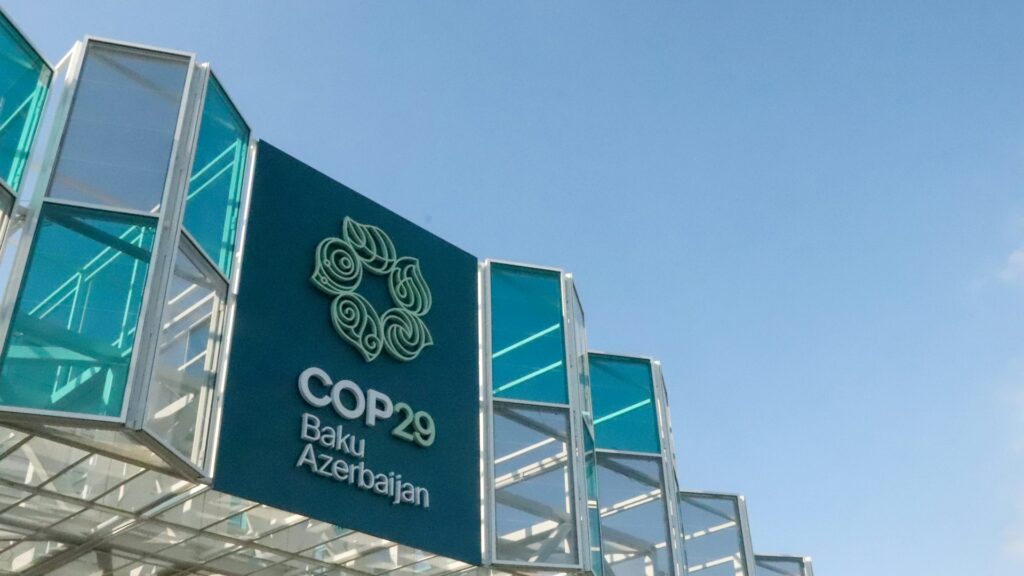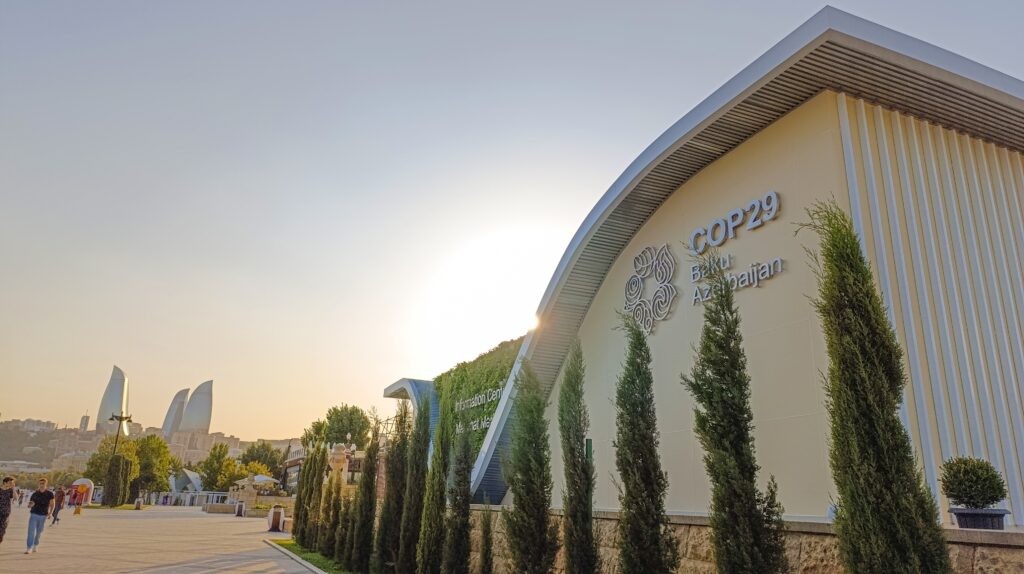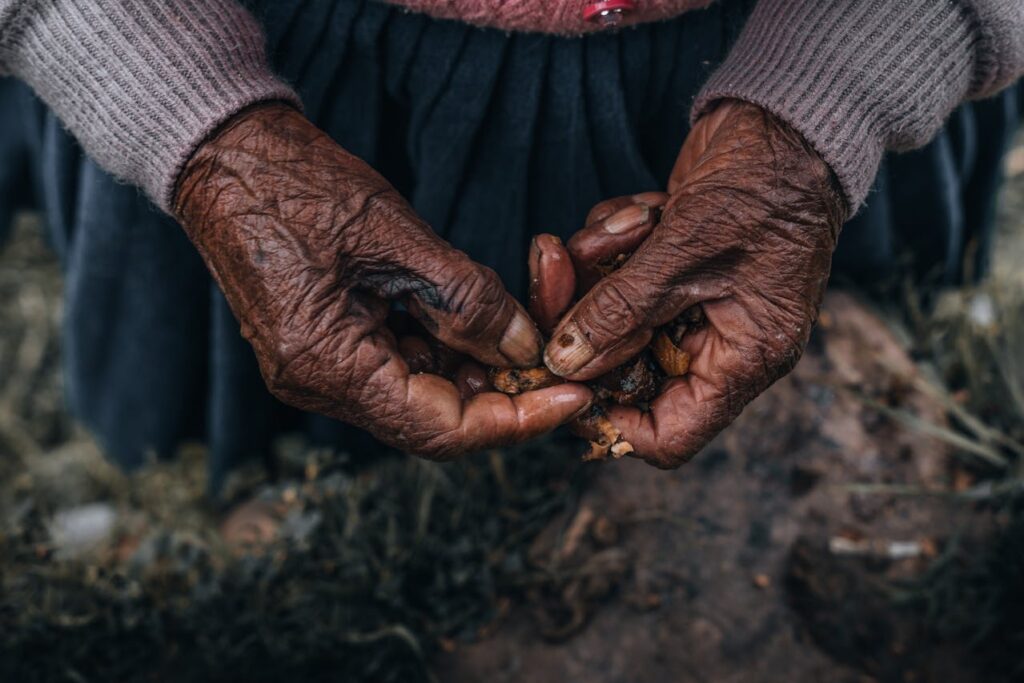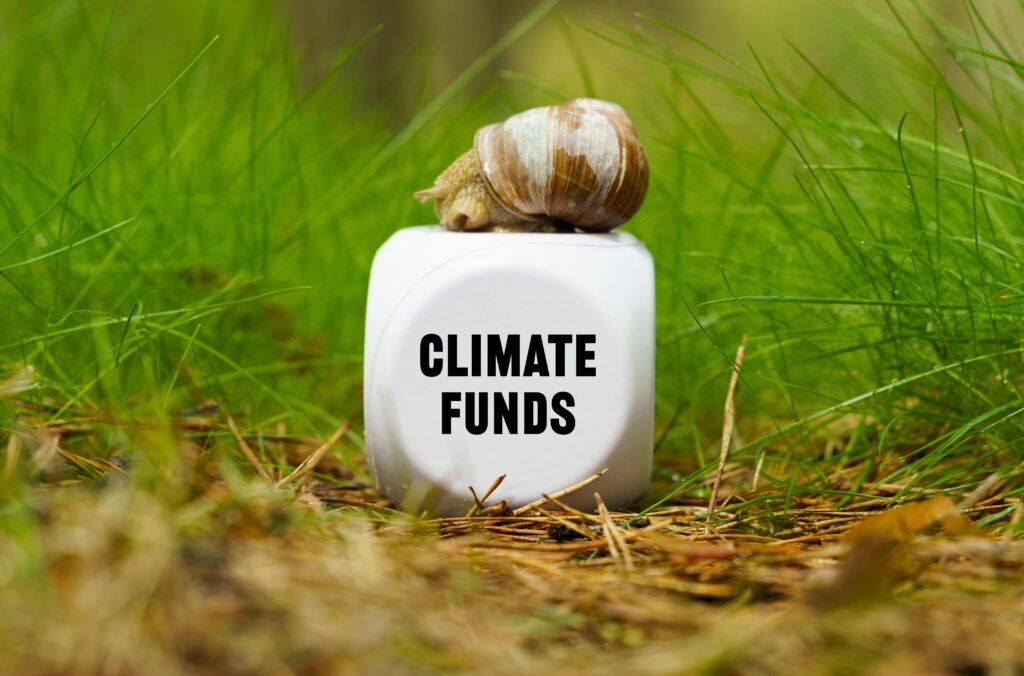Building on the momentum of previous conferences, the outcomes of COP29 Azerbaijan aimed to accelerate efforts to mitigate climate change and adapt to its impacts. However, the mixed results highlight the divide between developing and developed countries. This misalignment was underlined by the tense discussions that extended well beyond the last day of the 2024 UN climate change conference on the New Quantified Collective Goal (NQCG) on climate finance.
Outcomes at COP29 Azerbaijan
Climate Finance
Climate finance was the leading issue for the unofficially dubbed “Finance COP.” However, agreement over the NQCG was contentious in the conference’s final days.
The NQCG will replace the existing USD 100 billion annual climate finance commitment made by developed nations to developing nations that expires in 2025. Before COP29 2024, developing nations stated that the necessary annual climate funding they would need is at least USD 1.3 trillion.
However, the first iterations of the NQCG set a lacklustre commitment of USD 250 billion – seen as woefully insufficient by developing countries. In the end, an annual commitment of USD 300 billion was adopted. To placate developing countries, the NQCG has developed countries taking the lead in providing money and mobilising private sector investment toward USD 1.3 trillion in annual investment from all sources. Additionally, it includes a ratchet mechanism with progress reviews in 2026 and 2027 and a review of the funding target in 2030.
Regardless, this left many countries unhappy, with India officially rejecting the NQCG as insufficient. Ultimately, the agreement is woefully inadequate and leaves the poorest nations with a massive financial gap they cannot fill. Furthermore, it raises questions about how funding will materialise for other COP programs, such as COP28’s groundbreaking Loss and Damage Fund, which are critical to the Global South.
Renewable Energy
Renewable energy remained a central focus at COP29 Baku, reflecting the global urgency to transition away from fossil fuels. There were three primary pledges at COP, yet likely the most impactful is the Global Energy Storage and Grids Pledge. Endorsing countries pledge to accelerate infrastructure development to support COP28’s pledge to triple renewable energy capacity by 2030. This includes increasing global energy storage capacity to 1,500 GW by 2030 and adding or refurbishing 65 million km of energy grids by 2040.
Grid infrastructure to reach remote renewable energy facilities and energy storage to address renewables’ intermittency have long been hurdles for the energy transition. Although we do not know the official number of countries backing the pledge, the UK, Uruguay, Belgium and Sweden are part of the group.
Other important announcements came from COP28’s utilities for Net Zero Alliance (UNEZA) and the Latin America Energy Organisation (OLADE). UNEZA announced it has doubled its membership with operations across all five continents. OLADE put forward a commitment from member countries to stop the development of coal-fired power plants in the region.
Nationally Determined Contributions
Nationally determined contributions (NDCs) were centre stage, as countries were urged to enhance their climate commitments following the results of the 2023 Global Stocktake and before the next round of NDCs due by early 2025. Setting the stage, the UK, Brazil and the UAE announced their NDCs early, with ambitious goals to achieve by 2035. For example, the UK pledged to reduce emissions by 81%. These NDCs set a benchmark for other countries to follow.
Additionally, the Baku Declaration on Enhanced Climate Action in Tourism was launched, with 52 countries signing to integrate sustainable tourism practices into their NDCs. This initiative recognises tourism’s significant impact on climate change and aims to promote low-carbon strategies within the sector.
Food, Agriculture and Water
The Food, Agriculture and Water day saw several positive outcomes. The UNEP and Clean Air Coalition launched the Reducing Methane from Organic Waste Declaration, which received 30 initial country signatories that agreed to set sectoral targets to reduce methane emissions from organic waste within their updated NDCs.
Additionally, the COP Presidency introduced the Baku Harmoniya Climate Initiative for Farmers, which creates a platform to bring together the largely fragmented climate-agriculture space. It connects existing initiatives, coalitions, networks and partnerships to help programs share lessons learned and implement a cohesive strategy for climate resilience in agriculture. Connecting these programs has the potential to supercharge their efforts.
Almost 50 countries endorsed the Baku Declaration on Water for Climate Action. The declaration calls signatories to integrate water-related adaptation and mitigation in their NDCs and national action plans. It also brings these nations together to increase research and data sharing on the causes and impacts of climate change on water resources.
Urbanisation
The outcomes of COP29’s Urbanisation Day highlighted the acceptance of world and industry leaders to target urbanisation as a critical role in climate adaptation and mitigation. The Presidency announced the Multisectoral Action Pathways (MAP) Declaration for Resilient and Healthy Cities, which was endorsed by 160 countries. The MAP Declaration provides overarching commitments and frameworks to develop resilient and sustainable cities.
Human Development
COP29 hosted the first-ever Human Development Day, which received positive feedback. The day’s goal was to increase acceptance that human development is the base of climate action and that, to be effective, it requires a “whole of society” approach.
The primary outcome was the launch of the Baku Initiative on Human Development for Climate Resilience, which integrates human development into climate policy. It provides actionable principles to guide countries on including education, jobs and health in climate policy.
Humans are the reason for climate change and the solution. Including human development to allow people from all walks of life to thrive and adapt to climate change is critical. This is particularly relevant for developing countries, which face the worst climate impacts yet contribute the least.
What’s the Impact of COP29 2024 on Climate Action?
COP29’s outcomes signal a willingness from the global community to tackle climate change from all sides, with a combination of cross-cutting priorities and sectors. The inclusion of major discussions and first-of-its-kind theme days around topics like human development and tourism show that COP is becoming a more inclusive event. Furthermore, the several initiatives that aim to make climate action a more globally cohesive effort are much needed.
However, limited concrete, goal-oriented commitments and proposals were made, which have often been the highlight of previous COPs. For example, COP28’s Global Renewables and Energy Efficiency Pledge to triple renewable energy capacity and double energy efficiency by 2030 had the backing of 133 countries. Instead, COP29 focused on general frameworks and commitments without strict targets. While these policies are needed, they don’t do much to keep countries accountable.
Furthermore, many stakeholders have baulked at the lack of focus on nature and associated adaptation funding.
Of course, there is the ever-contentious relationship between the developing and developed worlds. The drawn-out, tense discussions over the NQCG highlight this issue, and the final USD 300 billion goal is far below what the developing world needs. Economists and experts estimate the developing world needs around USD 1 trillion annually to align with the Paris Agreement. This finance gap further strains the relationship between the two sides and will be a major hurdle for climate action.
A Moderately Bright Outlook for COP30 Brazil
All in all, COP29 had a mixed bag of success that didn’t shine too bright yet wasn’t dim. It made notable progress in some areas but lacked in others.
On the positive side, it set the stage for next year’s COP30 in Brazil, which will be a pivotal meeting following the year’s updated NDCs. The outcomes of the 2024 G20 Summit in Brazil, the same week as COP29, set an optimistic tone for COP30, focusing on reducing the disparity between the wealthy and poor.
Brazilian President Lula da Silva labelled COP30 the “Turnaround COP” and the “last chance to avoid an irreversible rupture in the climate system”. These are strong and optimistic words from the president, and it will be interesting to see what the future will hold for the next climate conference.
Eric Koons
Writer, United States
Eric is a passionate environmental advocate that believes renewable energy is a key piece in meeting the world’s growing energy demands. He received an environmental science degree from the University of California and has worked to promote environmentally and socially sustainable practices since. Eric has worked with leading environmental organisations, such as World Resources Institute and Hitachi ABB Power Grids.
Eric is a passionate environmental advocate that believes renewable energy is a key piece in meeting the world’s growing energy demands. He received an environmental science degree from the University of California and has worked to promote environmentally and socially sustainable practices since. Eric has worked with leading environmental organisations, such as World Resources Institute and Hitachi ABB Power Grids.

